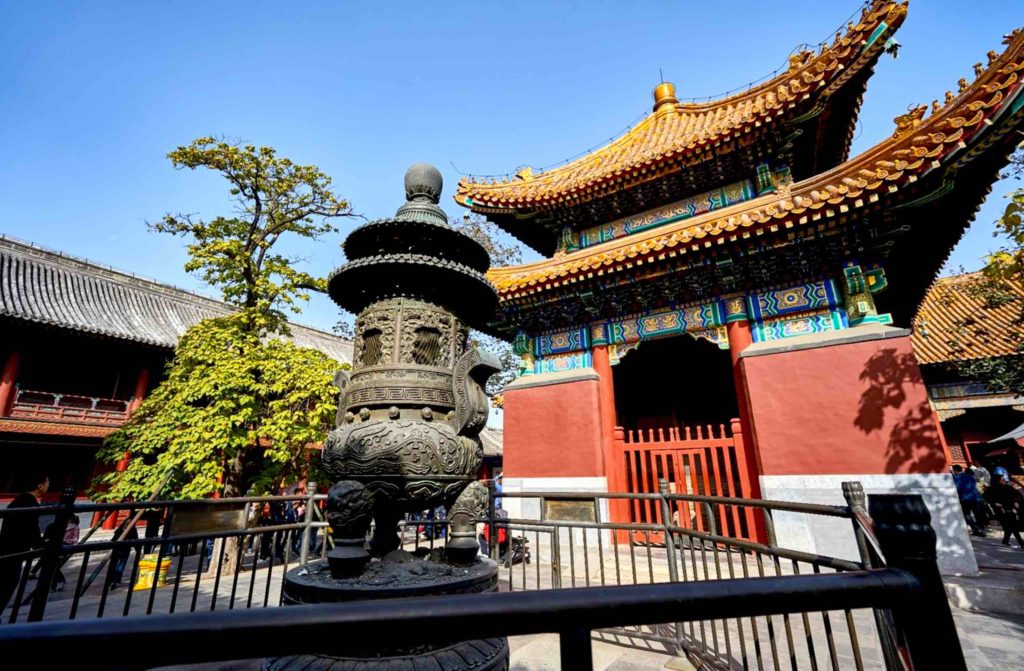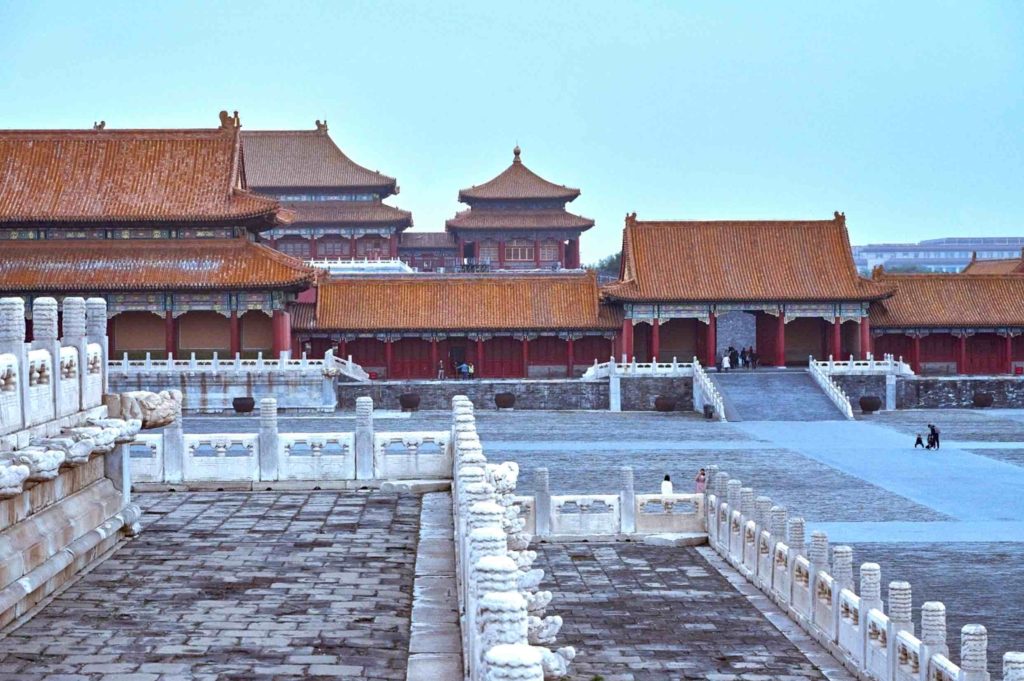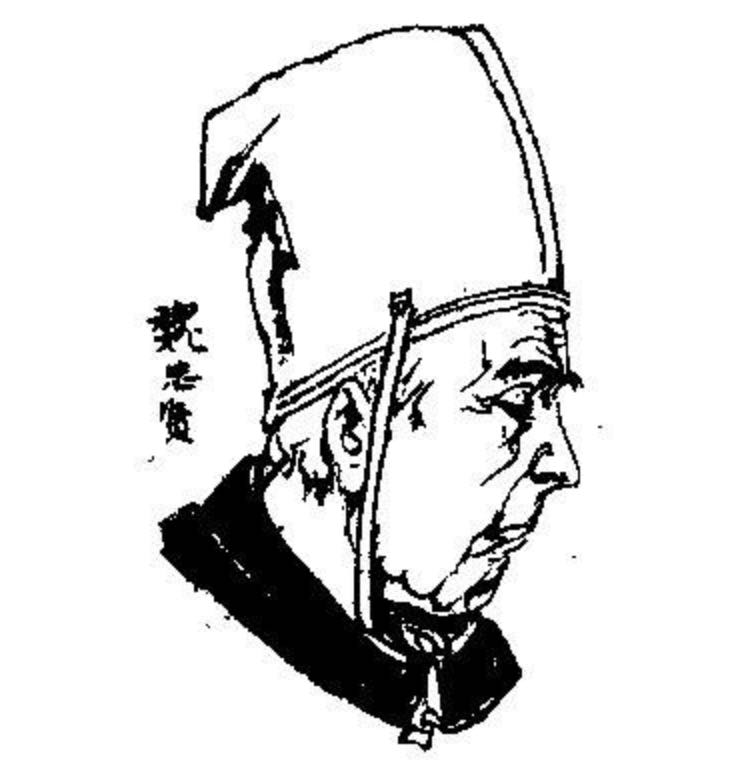Eunuchs’ interference in politics was a prominent political feature of the Ming Dynasty after Jingnan Campaign. From then on, the power of eunuchs began to strengthen, and they changed from the emperor’s private slaves to political tools.
The Ming emperors needed to depend on eunuchs because they could keep an eye on officials to prevent a coup. Similarly, the eunuchs needed the emperor because the emperor could give them wealth & power. Therefore, emperors often trusted eunuchs more than officials.
As a result, the job of eunuchs, which had been discriminated against by others, changed from the Yongle emperor. It took more effort to become a eunuch than it used to.

However, due to the influence of Confucian culture, the average person would not regard eunuchs as his dream unless he had no other choice. According to historical records, there were three primary sources of eunuchs in the Ming Dynasty.
Poor Family
No matter which dynasty in Chinese history, parents couldn’t want their children to be eunuchs actively. Because the mainstream values of society believed that eunuch was a lowly and humble occupation.
Once you became a eunuch, it’s not filial to your parents. Because Confucianists believed that the body, hair, and skin of the parents shouldn’t be damaged, it was this social background that ordinary families would never send their children to be eunuchs actively.
However, some parents of low-income families wanted their children to survive. They would decide to let their children become a eunuch because of family economic reasons.

These eunuchs were usually castrated and sent to the palace to learn how to serve the good emperor at a very young age. People who became eunuchs for this reason often regarded the emperor as their loved ones and were extremely loyal to the emperor.
Just Want
At the end of the Ming Dynasty, there was a very notorious eunuch named Wei Zhongxian. He was the typical person who dreamed of becoming an eunuch. Compared to having to be a eunuch out of poverty, those who actively castrated themselves were often surprising.

The motivation of these eunuchs was to gain power and live a good life. Because eunuchs had access to the emperor, once they had gotten the trust, they could become emperors’ agents, and this advantage often motivated them to become eunuchs.
It was alarming that those who regard eunuchs as their career aspirations were dangerous because they tend to be careerists. Once they became the agents of the imperial power, they would do considerable damage to the dynasty.
Prisoner of War & Criminal
In the case of mainstream society discriminating against eunuchs, ordinary people would never take the initiative to become a eunuch, even if they were given more power and wealth.
However, in order to meet the labor needs of the Ming harem, some prisoners of war and the criminal would be castrated as eunuchs.
The most typical example was eunuch Zheng He, who was a prisoner of war. Zheng He was captured in the Ming Ping battle in Yunnan. He was brought back to Nanjing, the capital of the Ming Dynasty, as a eunuch with the expeditionary army In 1384.

In conclusion
The eunuch is a hot topic that can’t be avoided in studying the history of the Ming Dynasty. In fact, the source of eunuchs can determine the mainstream values of each dynasty. In general, Ming rulers adopted Confucianism to control the people.
Influenced by this thought, the eunuch is not a glorious career at all, but a kind of harm to the body and not filial behavior of parents. If you lived in the Ming Dynasty, would you want to be a eunuch? Of course not!




